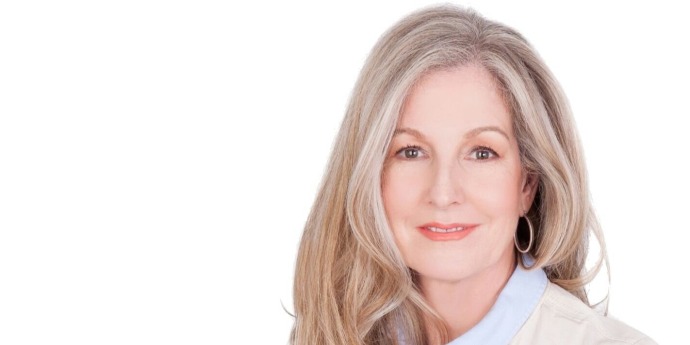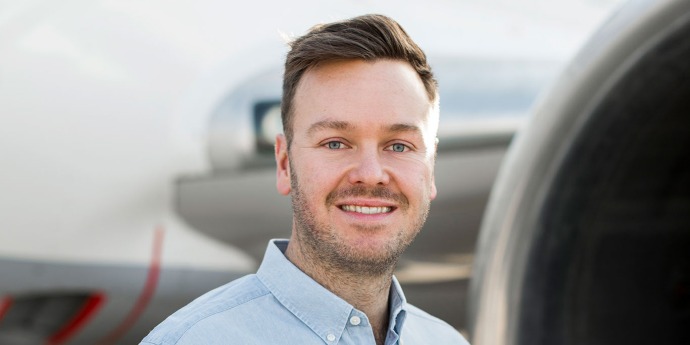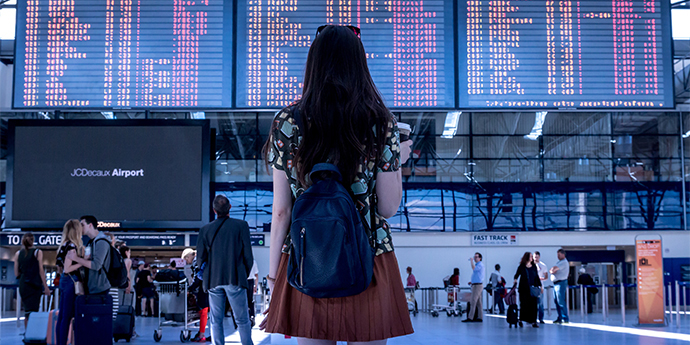Finding a good coach during difficult times can give you new tools to understand yourself and develop healthier ways to navigate your life and work.
Lockdown has had a major effect on mental health. The World Economic Forum called it the world’s biggest psychological experiment. Two dozen studies showed that long periods of quarantine caused depression, insomnia, anxiety, anger, and even post-traumatic stress symptoms. For parents with children, it was worse. In South Africa, distressed calls to the South African Depression and Anxiety Group increased by 63%.
Along with the fear of falling ill and losing loved ones, the prospect of financial hardship, the disruption of learned patterns, the sense that everything had been flipped upside down, added to the stress. For many, life had become unbearably directionless and uncertain.
As a coach in these troubled times, I’ve had many people reach out to me to help them navigate the suddenly uncertain terrain ahead. The need for guidance and support was seemingly overwhelming. I’m glad they did. With roots going all the way back to Socrates and ancient Zen masters, and its guiding principles influenced by storytelling, biology, cognition, psychology, spirituality, and philosophy, coaching has for two decades been providing support to executive and business leaders, helping them to navigate the challenges of life and work. And in a world, turned on its head, this tried and tested approach has proved to be a vital tool for regaining balance.
Gaining a new perspective on yourself
Coaching works not because it gives people the answers, but it helps them to reframe the questions. And by watching their own behaviour and internal monologues and paying attention to relationships and daily activities, they can start to see their patterns and what’s sometimes called their “structure of interpretation”, that might be tripping them up.
How we see the world is structured by our backgrounds, emotional landscapes, beliefs, knowledge — and ignorance. Our world view can sometimes be surprisingly narrow, a bit like looking at the sky from the bottom of a deep well and thinking the little we can see of the sky is the whole of it.
To widen our perspective, it helps to question our interpretations of events and our reactions to them. Do I really understand the problem? Is there another way to describe the challenge? Am I confusing probability and possibility? Is my information accurate?
Once a person starts asking these questions, it’s possible to start seeing ourselves and our impact on other people more clearly. We learn more about ourselves and can begin to describe the “hero” of our story more honestly and accurately. And that, in turn, helps us to craft a healthier narrative about ourselves and the world.
We all have a constant narrative running in our heads. We’re forever telling ourselves who we are, why we do things, what is meaningful to us, and what is happening to us. A new study from Queens University in Canada estimates that the mind has around 6,000 thoughts a day — an average of 250 per hour — and a good number of these are ruminations, repetitive thoughts that tend to be sad or critical.
When times get tough, this rumination increases. Our hero gets bogged down in the dark forests, is surrounded by the enemy, is tired and scared, and has lost all allies. Learning to reframe the story, and to construct for ourselves a narrative that both motivates us to keep going is critical. Thoughts such as: “lockdown is a prison”, “I can’t do that”, and “they hate us”, can easily become: “lockdown is a weapon against death”, “I can do it”, and “we have much in common”.
Practice makes perfect, well almost
Most people have heard about the power of mindfulness, self-observation, and reframing the narrative, but knowing is not the same as doing. You may know that eating healthily is useful, and you have done the research into which workout program best suits your body type, but you’re still eating a Kit-Kat for breakfast and have no idea where your FitBit is.
Daily practice is the most important thing a coach will try to instil in a client. It takes the mental and spiritual into the physical and can include a range of practices, from yoga to lifting weights or daily journaling. Every person is different and requires different activities, but one daily practice that is especially important for dealing with stress and feeling overwhelmed is finding and being in one’s space.
Is there a room or a place in your house you consider your space, where you can go and be alone to reflect and find a bit of peace? Maybe sitting on a park bench in your favourite park is your space. It is incredibly healthy to create that special space you can return to again and again to centre yourself.
It’s also important to stay connected to others. In an uncertain world, it is easy for us to fall into the “what’s going to happen to me” state of mind. So we need to remind ourselves that we do not exist in a vacuum, we are surrounded by others: our families, our friends, our communities. We are social beings. Try focusing on the support you can offer others, the contributions you can make.
As South Africa moves towards a potential second wave and possible tightening of restrictions — maybe even another lockdown — we need to remember that we aren’t alone. We can bring people in closer and lean on them while we offer our shoulders for them to lean on. We can choose to take the time to get to know ourselves and our patterns and expand our world view and the size of our hearts, even if our practical reality seems to be shrinking around us.
Craig O’Flaherty is the director of the Centre for Coaching at the UCT Graduate School of Business.







































